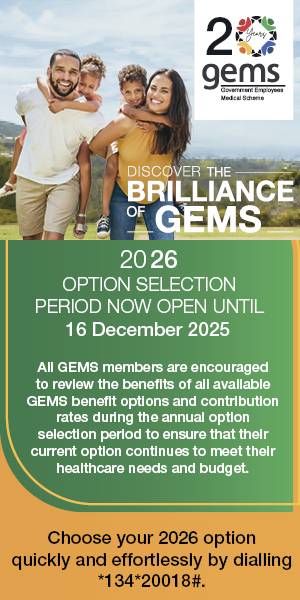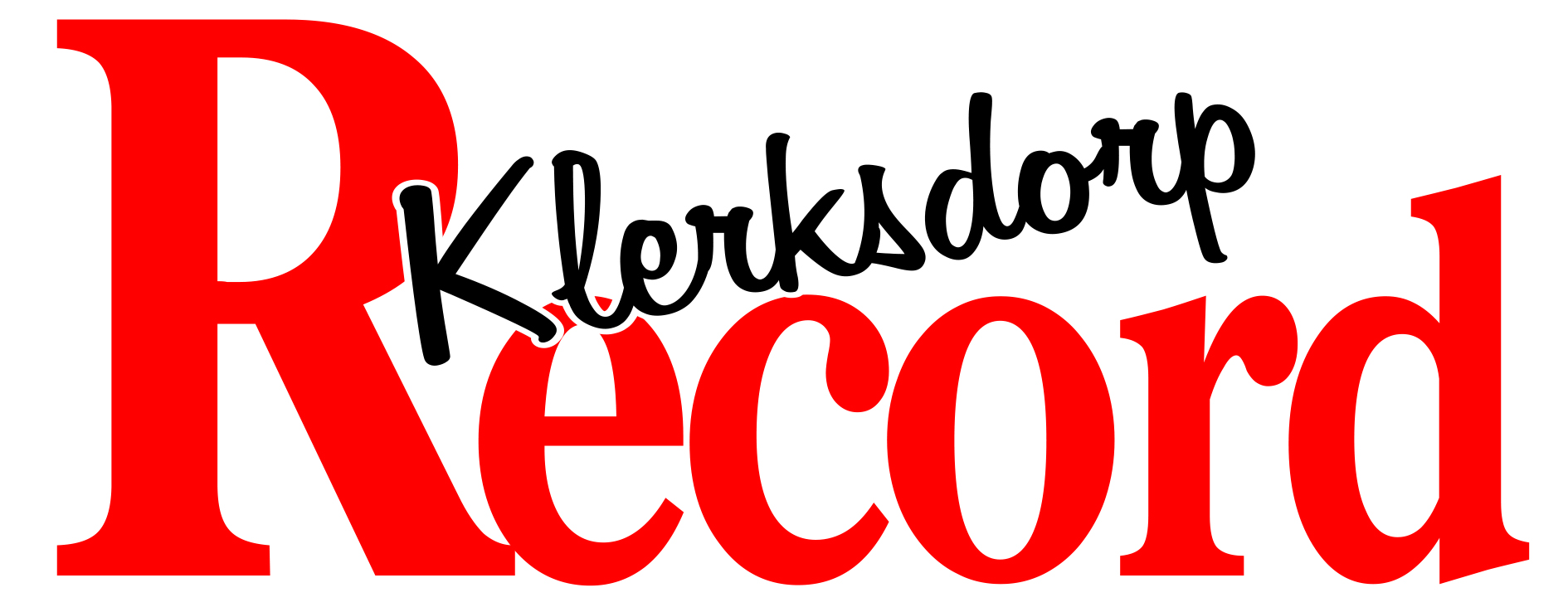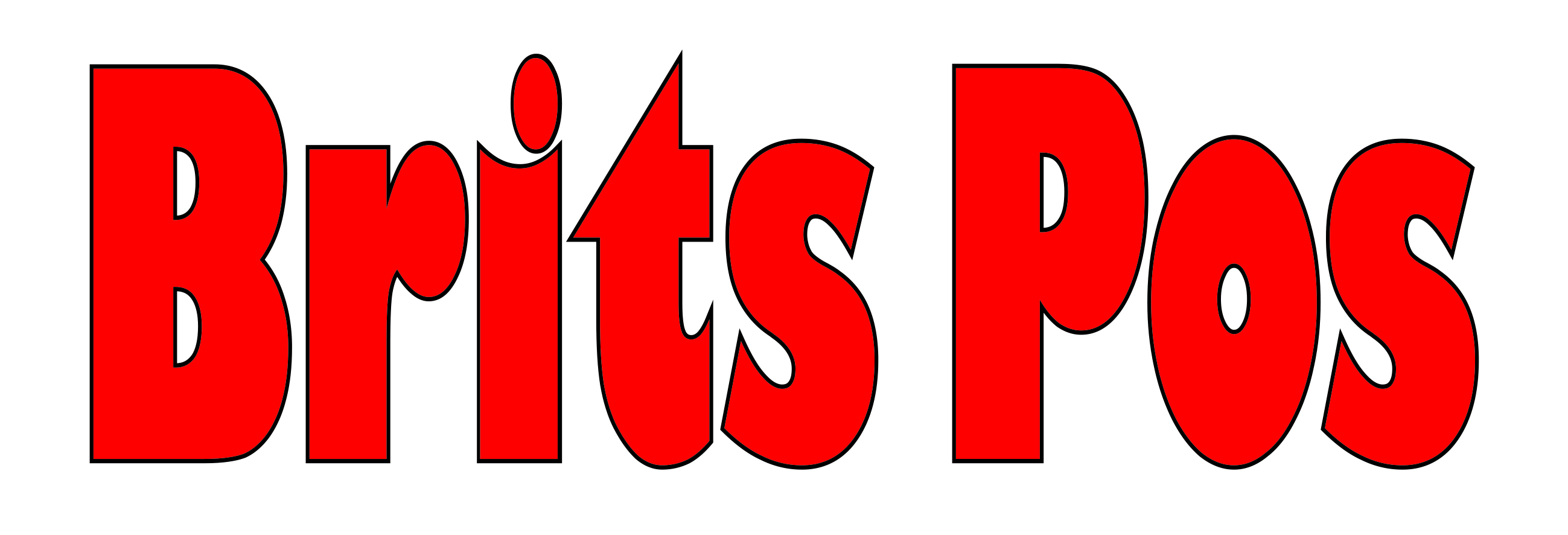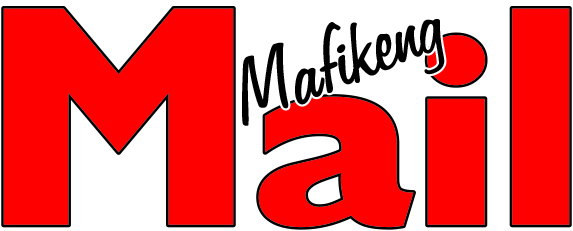RUSTENBURG HERALD - RUSTENBURG - Exactly a week after the National Budget Address 2024 has been delivered by Finance Minister Enoch Godangwana, many South Africans may still struggle to come to terms with what exactly the budget holds - after all - it was very clear that there was a distinct difference between the opinions of financial experts/economists and representatives of political parties and consumers in general. Hardly any political parties have responded favourably to the Budget 2024, except for the EFF on some issues.
By this time South Africans don’t need to be told that smokers and those enjoying a “can of the best”, will have to pay more for their “sins” and that tax relief benefits have remained unchanged to offer no further advantage to consumers. The long and short is that the Budget 2024, regardless of how much you manage to save on your usual consumables, is that you will still lose money since government entities have increased there rates. The very fact that tax relief and rates have remained unchanged in spite of the inflation rate, renders the Budget 2024 much worse to consumers than what is realised at first glance.
To illustrate the full effect of the increase, we have taken a look at exactly what you are left with in your pocket after the tax man, the municipality and Eskom have had their share.
With a taxable income of R31 667 per month and a 5.3% increase (official inflation rate) by your employer, your position would be:
Increase after pension deductions - R1 678.35;
SARS at 31% - R520.29 marginal rate;
Municipal accounts increase of 10% (increase of R200 from R2 000 per month) - assessment rates and water;
Electricity increase of 15% (increase of R150.00 increase from R1 000 per month)
Toll plazas: increase 6.25% (R15.63 increase from R250.00 per month)
Carbon tax - (increase of R6.66 from R16.65 per month) - fuel levy
UIF - R17.95
From this is should be clear that your “promising” salary increase of 5.3% is reduced to an effective increase of only 2.4% - if only government adjusted the tax rates to rectify the creep tax this figure could have been higher. Bearing in mind that a host of similar increases in the fuel price, education/schooling and medical expenses will be inevitable, we have concentrated on the above which unfortunately, are unavoidable.
There is nonetheless some relief in terms of the SASSA increase (R100.00) and child welfare - up by R20.00 from R520.00 per month. The general consensus remains that SARS could have done better considering the effect of bracket creep to adjust tables accordingly.










